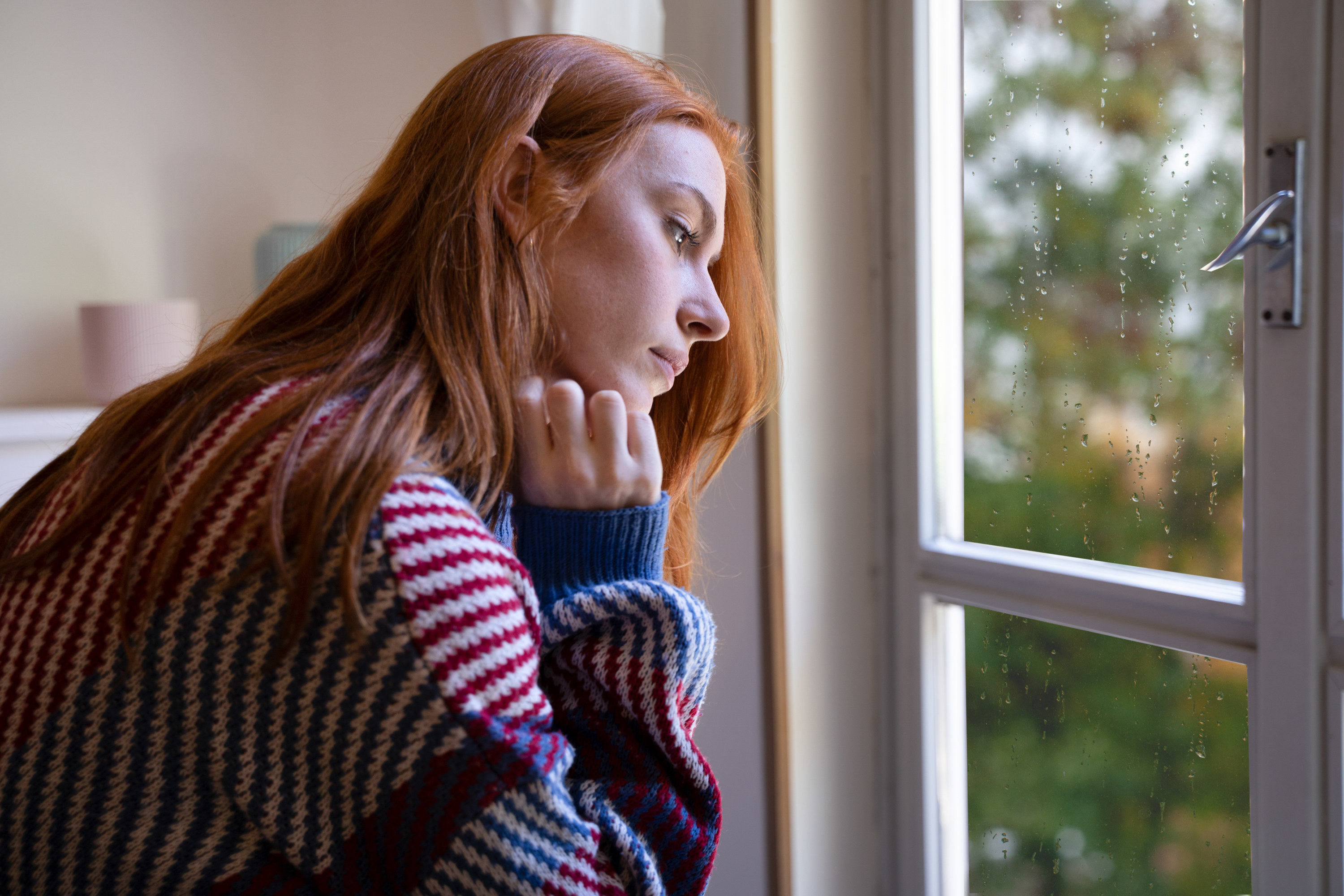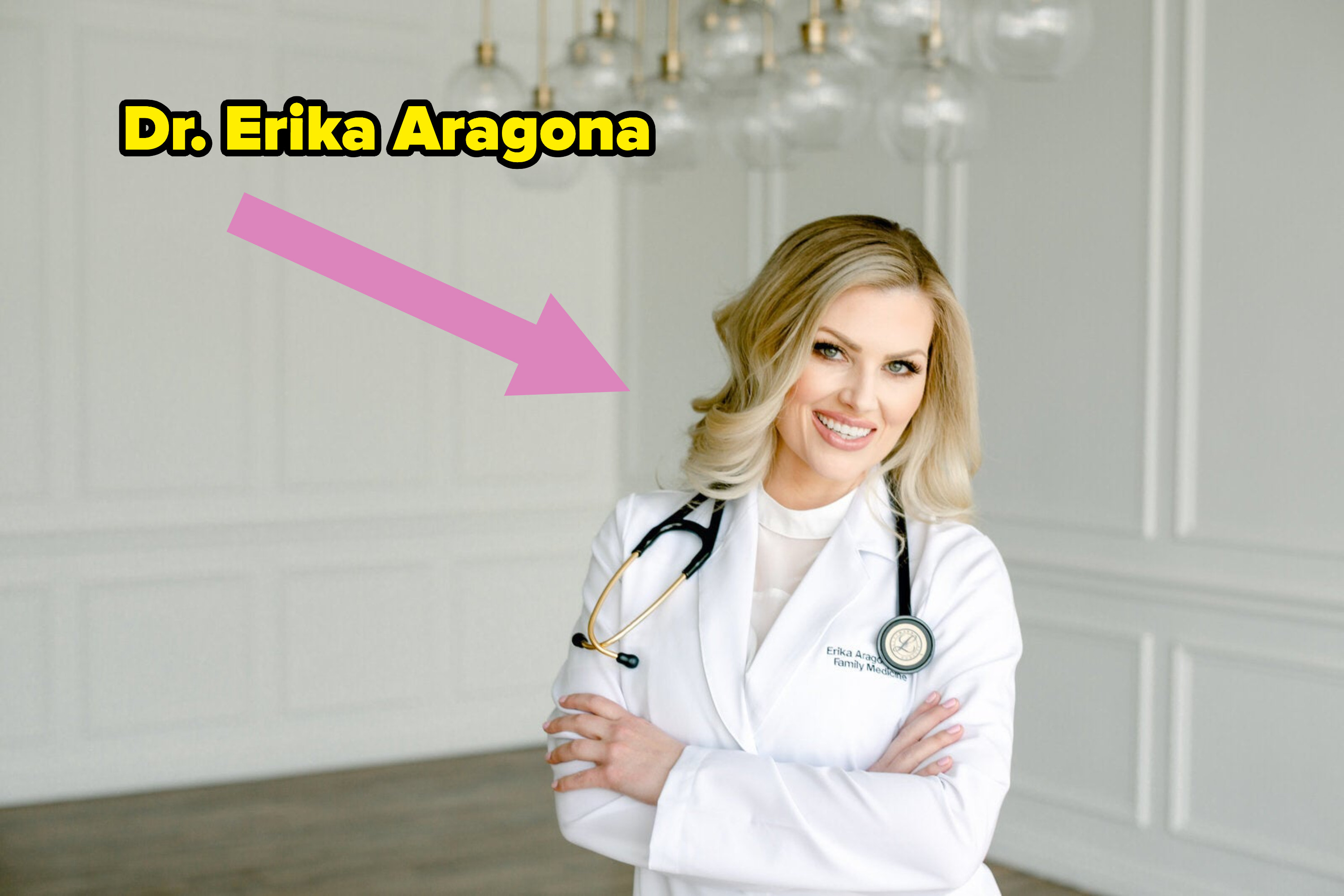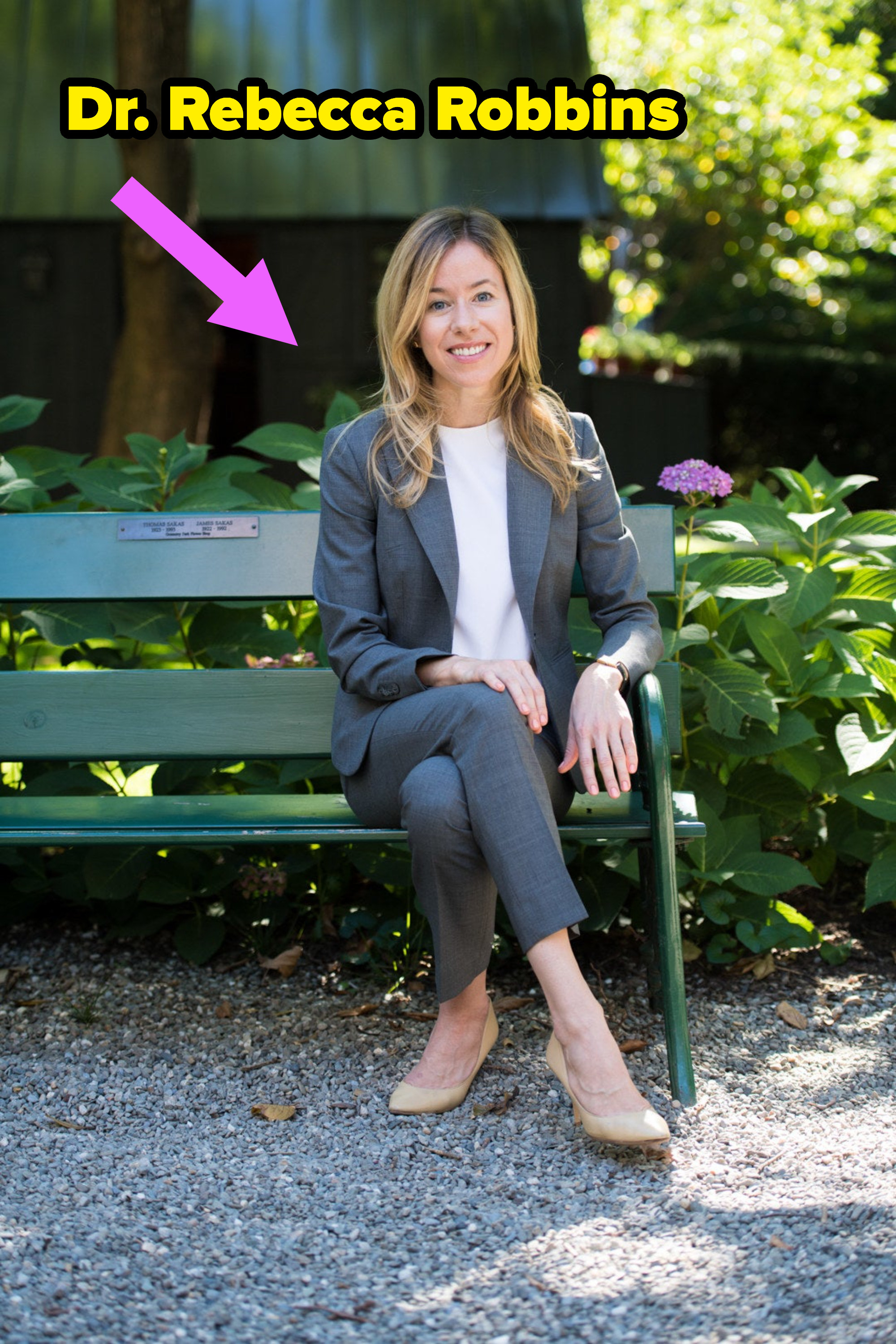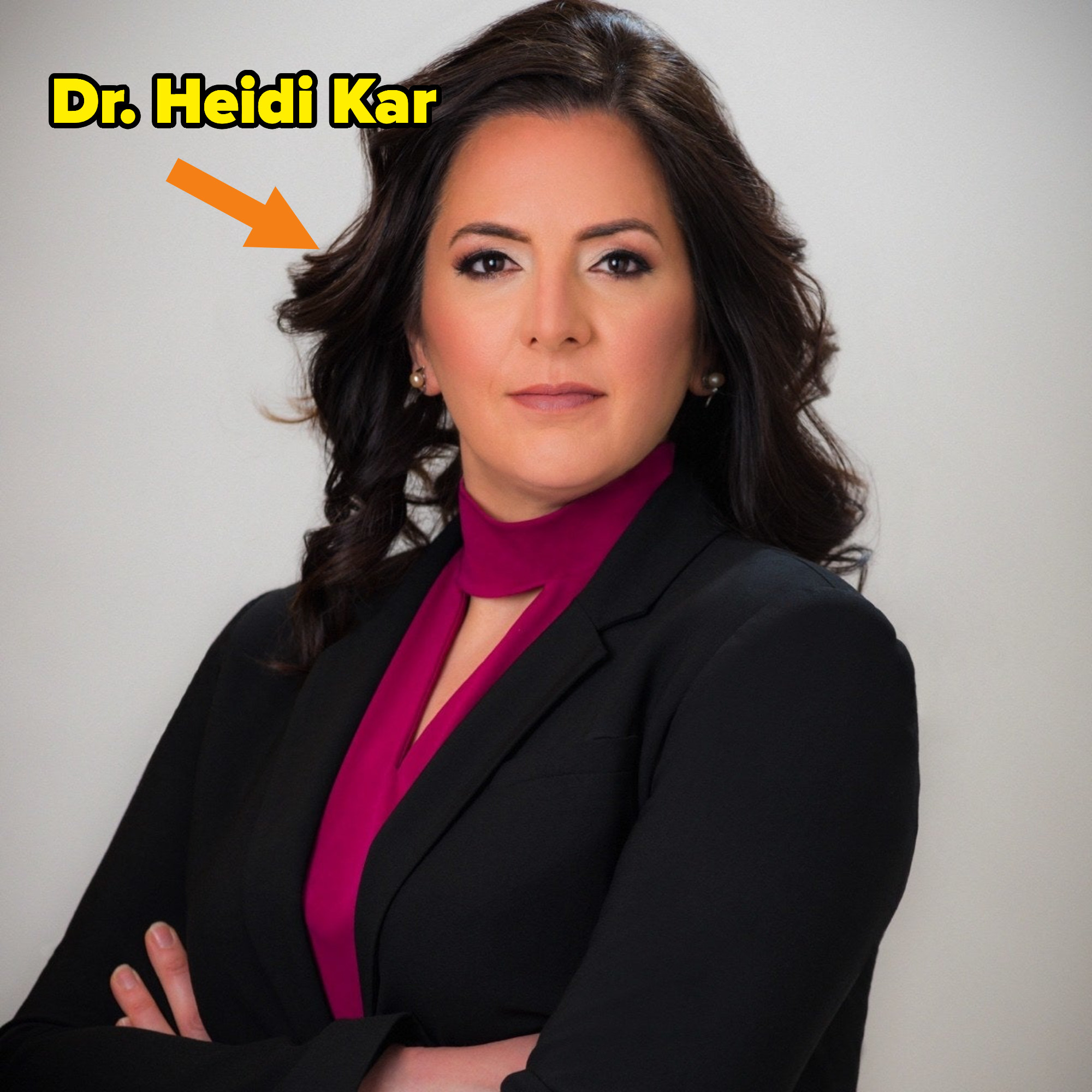• Loss of energy or increased fatigue despite getting enough hours of sleep • Sleeping too much • Difficulty thinking, concentrating, or making decisions • Irritability • Fatigue • Thoughts of suicide • Social withdrawal 1) There are true biological differences in people who live with SAD. For instance, according to the National Institute of Mental Health, research indicates that people who suffer from SAD may have reduced activity of the brain chemical serotonin, which helps regulate mood. And while it’s suggested that sunlight exposure helps maintain normal serotonin levels, this regulation does not function properly for people who suffer from SAD, which can decrease serotonin levels in the winter. 2) People with SAD actually overproduce melatonin. “Melatonin is central to the health of our sleeping cycles, but too much melatonin can cause increased sleepiness,” Dr. Kar said. 3) People with SAD may also have less serotonin activity. “This may be due to some bodies not producing serotonin as well as others,” Dr. Kar said. 4) People with SAD have lower vitamin D levels in the fall or winter seasons. “Low vitamin D levels in the body can affect serotonin production,” she said. “Though vitamin D is consumed in the food we eat, it is also produced by our bodies when we have sun exposure.” “A great example of this is the thyroid hormone, which plays a significant role in fatigue and metabolism,” she explained. “If your thyroid hormone is disregulated, it can lead to fatigue, making you more susceptible to seasonal affective disorder. The stress hormone cortisol can also lead to metabolic changes that could contribute to SAD.” • Maintain a healthy sleep schedule: “Adequate sleep helps strengthen immune systems — and adults should aim for seven to eight hours a night. (It’s important to note that depressed feelings can interfere with sleep, too.) “You can do this by practicing mindfulness through meditation and using self-calming techniques to help boost energy, reduce stress, and improve immunity,” said Dr. Aragona. However, if you’re having consistent issues with sleep, it might be worth examining your sleep environment (aka your bedroom) as well as speaking with a medical professional. This means understanding how your external environment is impacting your sleep (i.e. are you a light sleeper? These expert-backed tips might help.) • Maintain a healthy diet: “Incorporating vitamin-rich foods, exercising regularly, and being mindful of water intake can significantly help improve mood and boost immunity,” she said. • Take a vitamin D supplement: “This will give the body an extra immune boost, especially since Vitamin D levels are usually lower during the winter months,” she said. • Use germ-preventative products: “BioShell Germ Defense for Your Mouth is an oral antiseptic that traps and kills most germs before they have the chance to enter your body to help maintain physical health during the winter months,” she said. • Keep the same sleep and wake time every day: “Waking up at different times every day can confuse our circadian rhythm and exacerbate feelings of depression or anxiety during the winter months and among those suffering from SAD or SAD symptoms. Try to pick a time you can fall asleep Monday through Monday, including the weekends,” she said. If you’re looking for a device that will signal you to go to sleep and wake you up more easily, use sleep devices that mimic sunsets and sunrises like this one and this one. • Make time for exercise: “This will release endorphins, which is a natural mood elevator and can help combat depressive and anxious feelings,” she explained. • Capitalize on natural sunlight as much as possible: “Consider walking to the next subway stop to get some extra sunlight in the morning or going for a walk around lunchtime if you feel comfortable and able to do so,” she explained. “Exposure to natural light and fresh air are essential parts of a healthy sleep schedule.” Even just sitting outside for 10-15 minutes is key to receiving proper vitamin D exposure. • Use light therapy: “Always talk to your doctor first, but light therapy is one evidence-based treatment for SAD. Your healthcare provider can offer recommendations on the best light for you to purchase,” she explained. According to a 2019 study, to see results, one will need to use a fluorescent light box with a diffusion screen for either 30 minutes at 10,000 lux or one to two hours at 2,500 lux. • Engaging in psychological treatment, specifically Cognitive-Behavioral Therapy: “CBT has been shown to be as effective in treating SAD symptoms as has light therapy,” she said. This is because “whenever any of us struggle with something difficult,” Dr. Kar began, “we can fall into very negative thinking patterns that cause other negative effects in our lives, whether it’s in our decisions, our relationships, and/or our general ability to feel positive and hopeful. Since many people with SAD have or do struggle with other types of depression, it is very important to look to therapy for long-lasting effectiveness.” “More importantly, though, research suggests that the positive long-term effects from this type of therapy seem to outlast the effects from light therapy,” Dr. Kar adds. However, according to a 2004 study by the Journal of Affective Disorders, it’s been hypothesized that CBT would be comparable in treatment to light therapy and using these two treatments at the same time would grant “additive benefits in both the short- and long-term.” • Taking antidepressants: “Since SAD, which is a subform of major depressive disorder, is associated with low serotonin activity, antidepressants specifically focused on increasing the available serotonin, i.e. ‘Serotonin Reuptake Inhibitors’ or SSRIs, can also be helpful to enhance mood,” she said. But even though controlled trials have suggested that antidepressants are effective in the treatment of SAD, it’s important to talk with your doctor to find the best treatment plan for your mental health. • Incorporate cinnamon, turmeric, ginger, and garlic into your food: “Gut bacteria adore herbs and spices,” she said. • Take a shot of apple cider vinegar: “This is an often overlooked fermented food that is invaluable for the gut,” she said. • To boost serotonin in winter: “There are foods that are high in tryptophan like eggs, dairy, turkey, and tofu mixed with a healthy carbohydrate like sweet potato or oats.”






